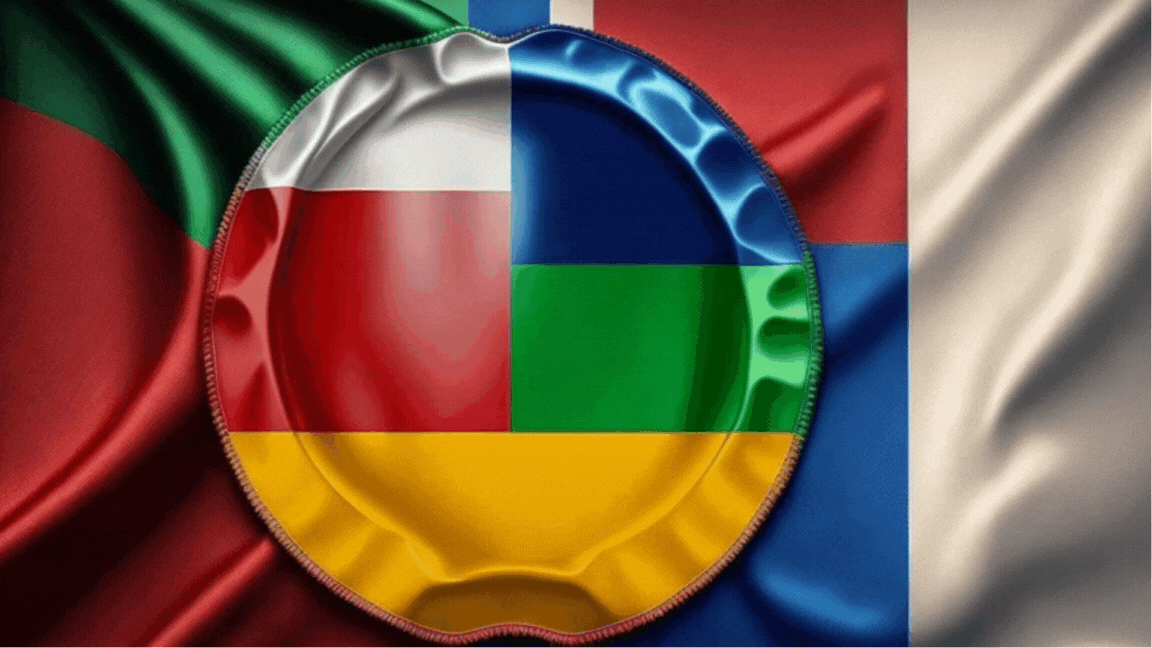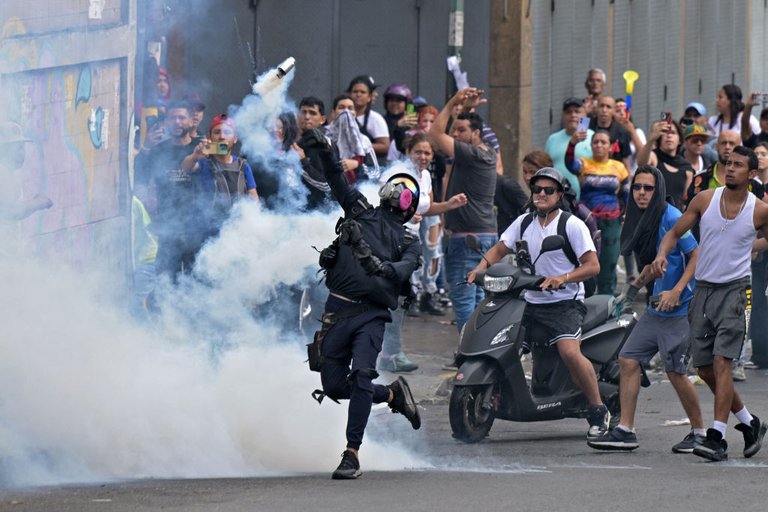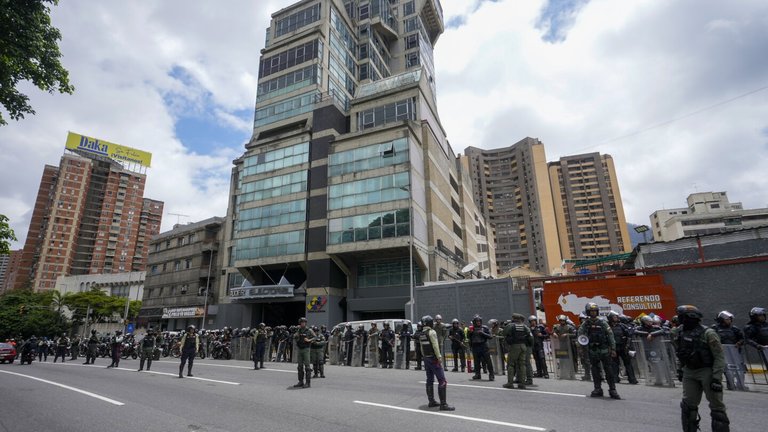The Latin American Report # 281

Venezuela: we know this script
As I foresaw here, the rarefied Venezuelan political environment makes it impossible to distinguish what is true and what is not. Today, each side declared itself the winner of the presidential elections, each enclosed in its own bubble. Did Nicolás Maduro steal the elections? Will there be an audit reliable enough to calm the doubts of Venezuelans who voted for the opposition and the international community? Is Nicolás Maduro interested in international recognition or in continuing to rule the country? Is the alleged computer attack credible, which according to Chavismo interrupted the transmission of electoral data, slowing down the whole process? These are questions without firm answers so far.
This government does not give a single one in electoral matters, with its intentional incapacity to carry out elections that do not raise suspicions. The opposition has denounced certain obstructions to the work of its electoral agents, among other irregularities. But beyond what may be raised by the opposition leadership, which has every right to do so, it is the objective observation of the international community the main obstacle faced by Chavismo to approve the electoral task. The delay in the delivery of the first official bulletin by the electoral authority is a first red point, followed by the lack of detailed information almost 24 hours later, which would allow contrasting the numbers provided.
Nicolás Maduro was declared the winner in Venezuela’s presidential election. For many Venezuelans, the results announced by the National Election Council were not a shock. pic.twitter.com/QTfUeR8cZc
— The Associated Press (@AP) July 29, 2024
Another weak point on the part of Chavismo is in the management of its alleged victory. The coordinators of Nicolás Maduro's campaign were smiling, knowing the data provided by the National Electoral Council (CNE in Spanish), but in any case, even respecting the official report, the country is still divided in two. However, Maduro's speech did not contribute to the search for the much needed consensus. On the contrary, he indirectly referred to the 4.5 million Venezuelans who voted for Edmundo González as “unworthy”.
 Maduro is again a disputed President-elect (source).
Maduro is again a disputed President-elect (source).Protests break out
After the CNE issued the first bulletin, frustration took hold of millions of Venezuelans who believed that this time victory was within reach in a resounding manner. The capital had dawned calm, although in that dynamic implied an implicit protest, as several business owners did not opened as a sign of mourning. But by midday thousands of citizens began to mobilize to protest against what they assume was a government fraud. “It's going to fall. It's going to fall. This government is going fall!”, they shouted in a neighborhood full of people who were usually part of the electoral bases of Chavismo. “He has to go. One way or another,” said a 27-year-old hairdresser. The Spanish news agency EFE also noted the deployment of opposition motorists moving to the west of the capital, where the main institutions of public power are located.

The certification of Maduro's reelection by the CNE on Monday somehow catalyzed this new wave of protests that seems to be starting. Yesterday in an urgent report I said that everything was beginning. Except for the usual allies (including Russia, Cuba, Nicaragua, Honduras, China, Bolivia, and Mexico), most countries in the region and the West are demanding a transparent vote count, including the disclosure of all the tallies. Chile, Uruguay, Costa Rica and Argentina were the countries whose governments were most critical of the electoral process, although Panama has gone the furthest, putting relations with Venezuela on hold and withdrawing diplomatic personnel from its embassy in Caracas. The Carter Center, one of the few respected international election monitoring organizations that has been invited to the elections in recent years, also urged the electoral authority to publish all the electoral records.
 Electoral authority's headquarters (source).
Electoral authority's headquarters (source).Particularly in the U.S. response, the head of Foggy Bottom had at first been “diplomatic”, joining calls for a transparent count of all votes. Later, in a call with journalists, senior U.S. officials escalated their criticism, stating that the results lacked any credibility. “We are going to take that into account as we map forward where we may head with respect to sanctions toward Venezuela”, said one. This is a repeated script, but Maduro's team is well aware of all these consequences.
As I was about to publish this report, Maria Corina Machado declared that they had a transparent way, via a website, to demonstrate, with more than 70% of the tally sheets, that Edmundo Gonzalez had won the elections. This, as I said, is just beginning.
And this is all for our report today. I have referenced the sources dynamically in the text, and remember you can learn how and where to follow the LATAM trail news by reading my work here. Have a nice day.


When power has been corrupted, it doesn't come clean. It can only be terminated, and new power deployed.
Thanks!
I am in—being critical—for some of the ideas of Chavism when it comes to attending some social injustices, but I will be against every practice eroding democracy, transparency, and good government in general terms. Thanks for your feedback my friend.